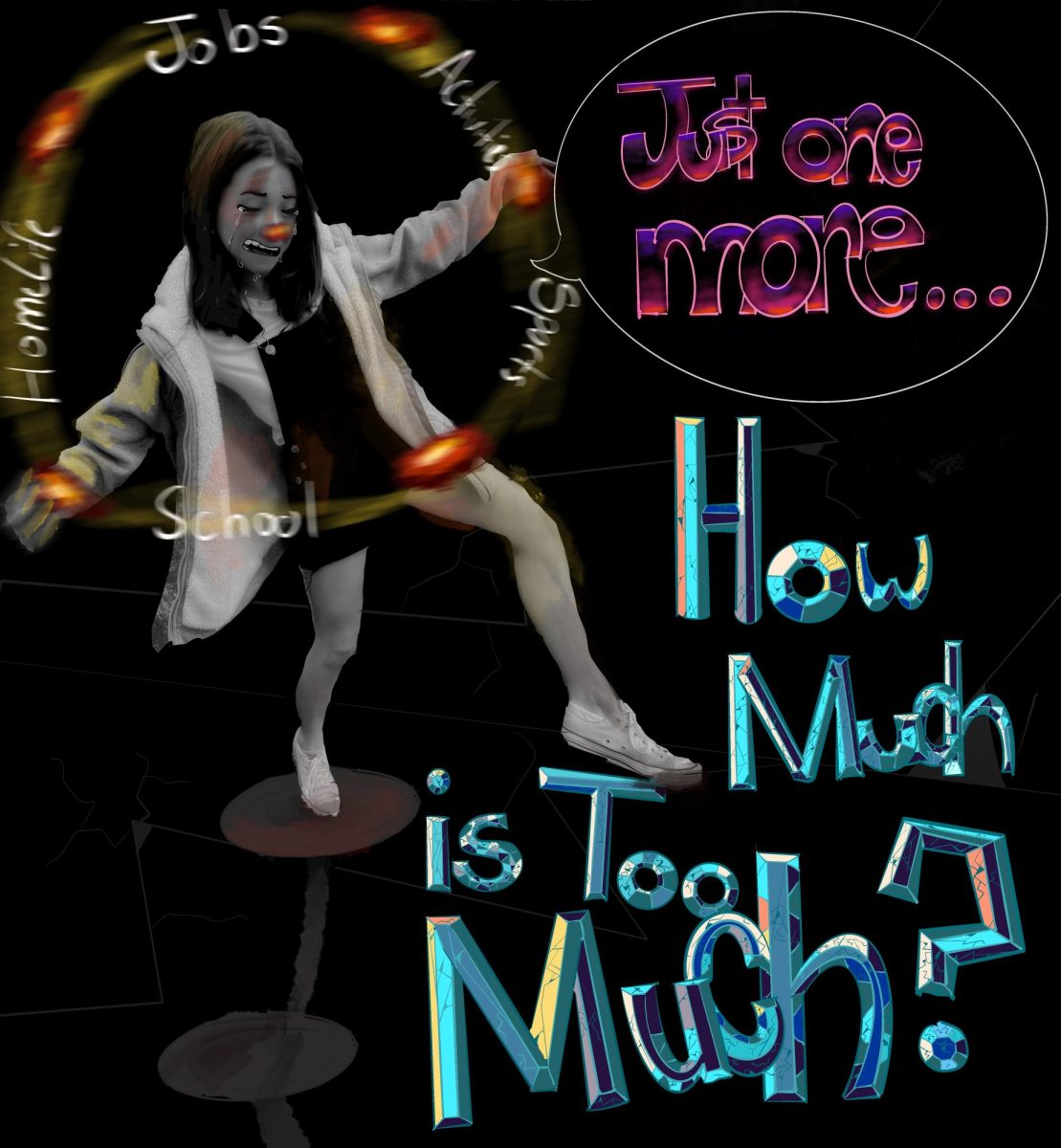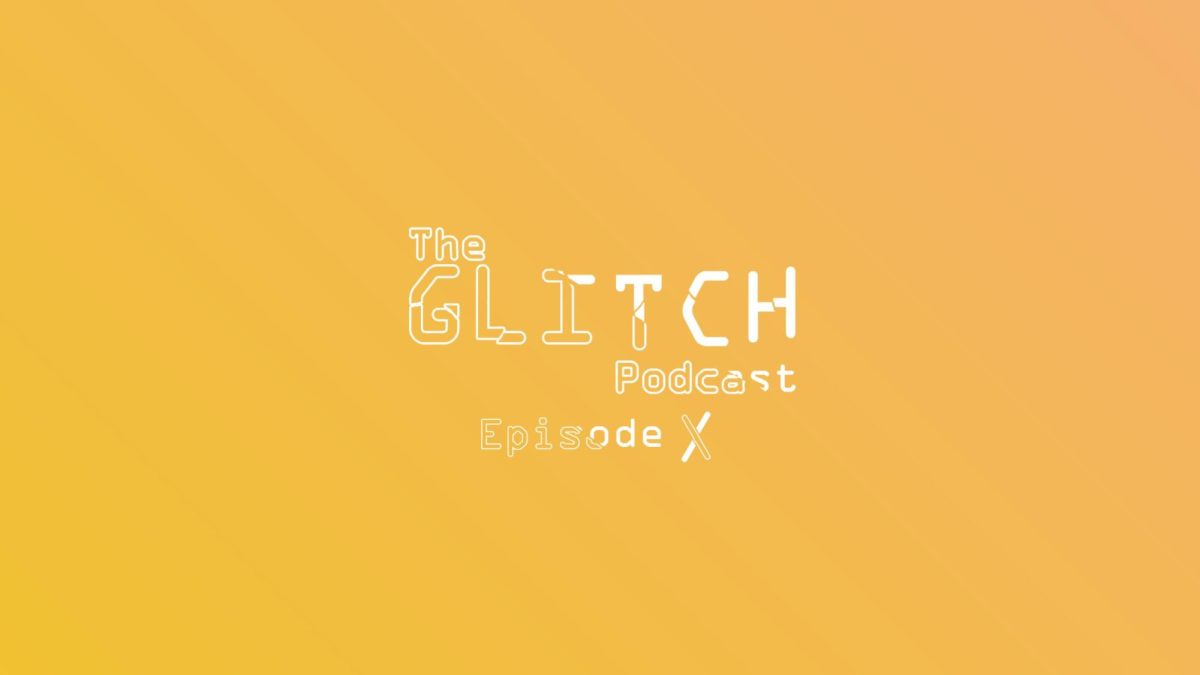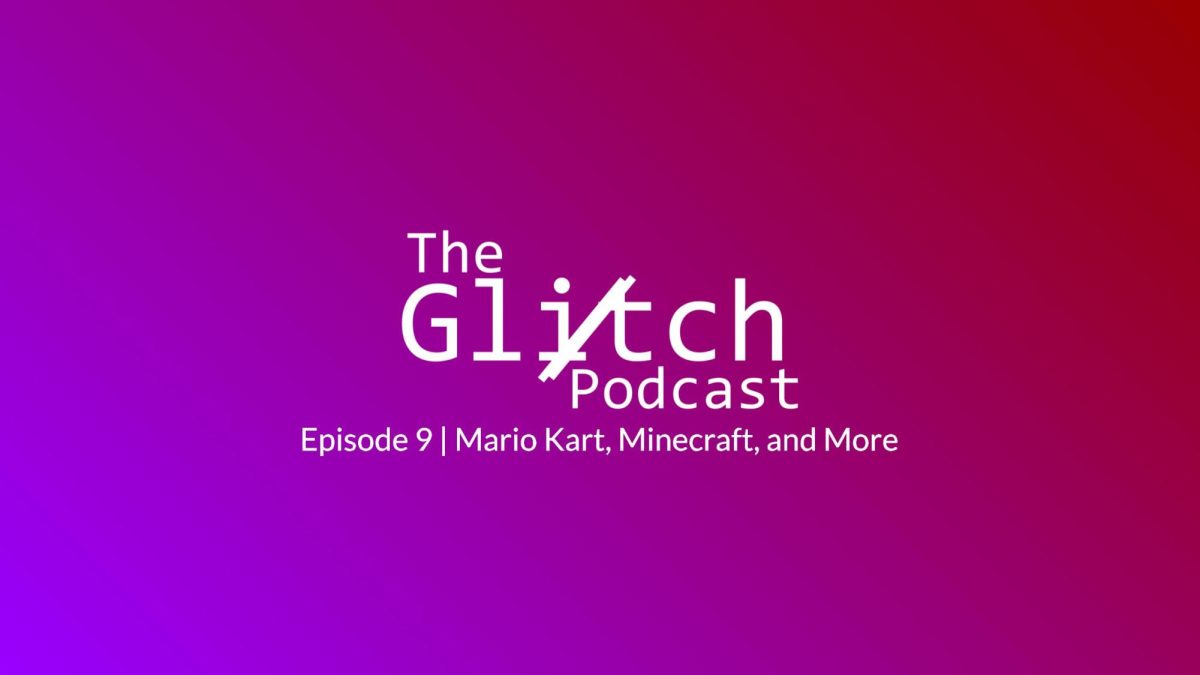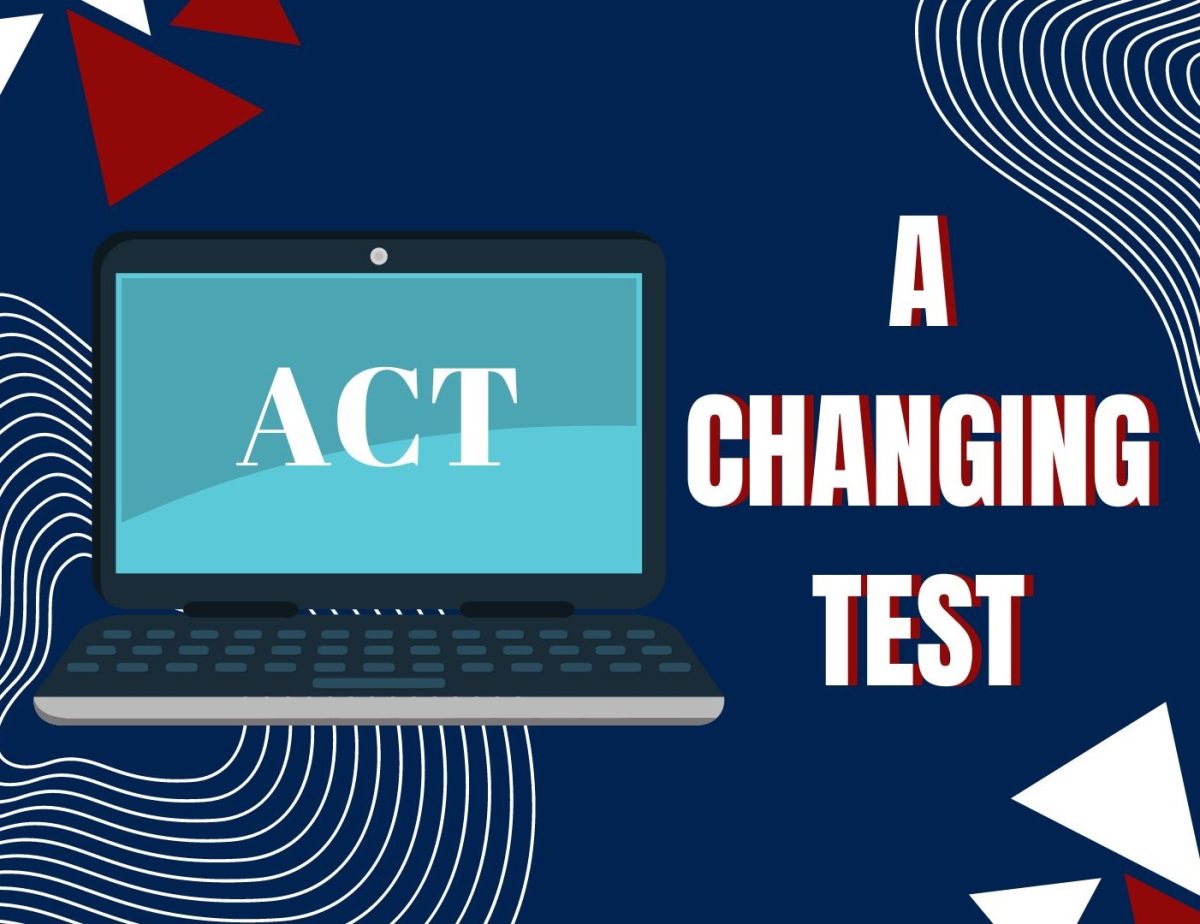Students read, write and answer. They look at numbers, stories and grammar. For three hours, they work to complete the American College Testing (ACT).
Currently, the ACT consists of four sections. English for 45 minutes, math for 60 minutes, reading for 35 minutes and science for 35 minutes, with a total of 215 questions. An additional writing section is also available to students, and the test can be taken either on paper or digitally.
However, starting in spring 2025, a new version of the test will emerge. According to the ACT website, it will feature a decrease in both length and material.
The most substantial change is the removal of science from the required sections. Instead, it will become an optional section of the test and, like the writing portion, will be available to add on during registration.
Other sections of the test will not be excluded from changes. The English and reading sections will include shorter passages and fewer questions, which according to the ACT Website, will allow students more time to answer. A total of 44 questions will be removed from the test in total, decreasing it by up to one-third of its original length.
Test-taking time will decrease from three to two hours. Both the composite score and individual section scores will continue to be graded on a scale of one to 36.
According to an Instagram poll conducted by @rcrockmedia, in which 200 students answered, 36% plan on taking the ACT.
For example, Arshia Koul ‘26 will take the ACT this September.
“I like the changes. They’re getting rid of the science section and then they’re shortening the test,” Koul said. “There’s no science section on the SAT, so it doesn’t help when you’re comparing the two together, and shortening the test also makes it a lot easier.”
Other members of the community possess different opinions.
Nancy Bermudez works at Elite Academics, a tutoring service that includes preparation for standardized testing. She has been tutoring students in the ACT for seven years. Unlike Koul, she isn’t fond of the changes to come.
“I don’t know if shorter is necessarily better, [if] taking the science out will be great? I think it’ll be pretty biased after it’s taken out, like it’ll be very humanities focused,” Bermudez said. “Colleges will, I mean, they’re going to come up with a plan, you know, so at the end of the day, I don’t know how optional the science test will be. I think it might hurt you in some situations, or maybe, if you are majoring in science, they may still require it.
Bermudez also points out how a decreased test length may prove harmful to students’ scores.
“If they are making it shorter, they’re going to cut back the number of questions, so those questions might weigh a little bit more heavily, right? So, not as much room for error, I guess,” Bermudez said.
The biggest concern for Bermudez is whether or not a decrease in the test difficulty will affect test takers’ work ethic.
“I think we’re going to have to do a lot of convincing students that they do actually need to take the science section, you know? It’s kind of like, it’s better to do it now, cover your bases just in case,” Bermudez said. “I guess it’s a little too early to tell, but I think at the end of the day, it really won’t change too much of how schools will look at candidates. So I think it’s better to be safe than sorry.”
According to the ACT website, the organization aims to create a more flexible, open test that allows its takers to focus on certain sections and thrive. For some, these changes are something to look forward to. For others, they’re something to dread.

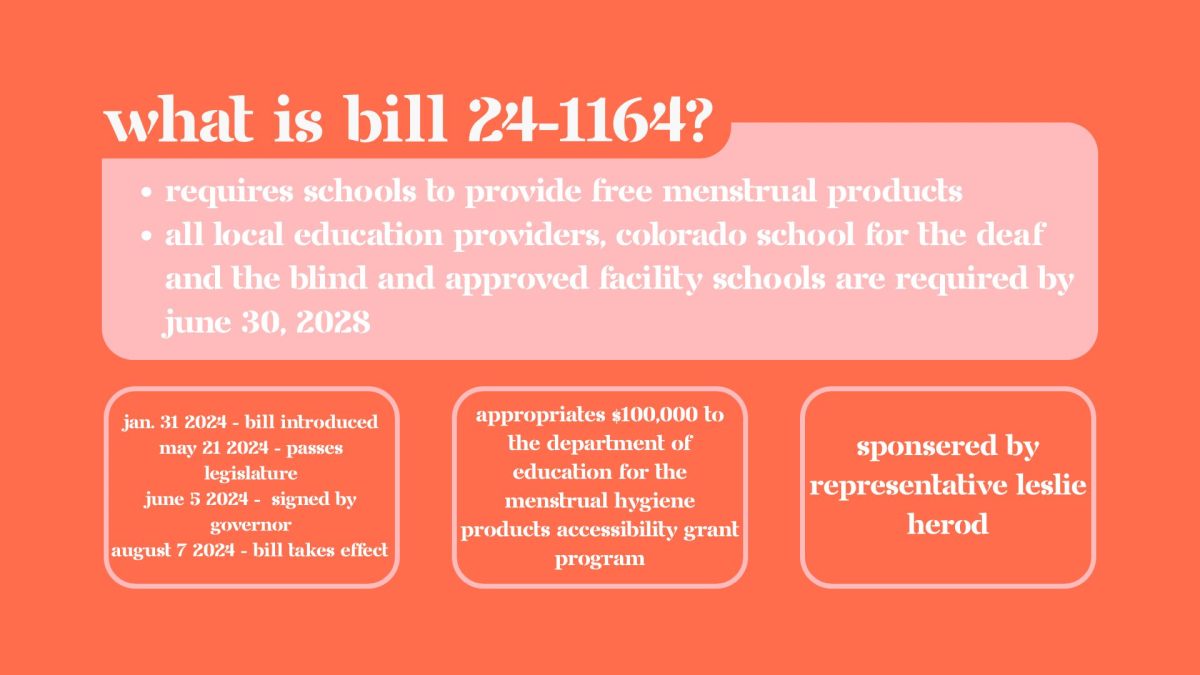

![Minutes before the Activities Fair in the gym, president Abhi Gowda ‘26 prepares the stall for his club Helping Hands, Sept. 4. A relatively new club, Helping Hands was co-started by Gowda and focuses on assisting the homeless, and just last year they succeeded in raising a couple hundred donations to send to shelters. This year, they have goals to expand, with hopes to increase volunteer opportunities and take in-person trips to shelters, as well as extend their help beyond just homeless people. “The Activities Fair gives a lot of underclassmen the opportunity to really get to know the Canyon culture, and it gives them many opportunities for service and volunteering,” Gowda said. “[Through the Activities Fair,] I hope to find a bunch of new and passionate members about our club and just get our name out there and spread awareness to the cause that we’re fighting for.”](https://rockmediaonline.org/wp-content/uploads/2025/09/1-2-1200x885.jpg)

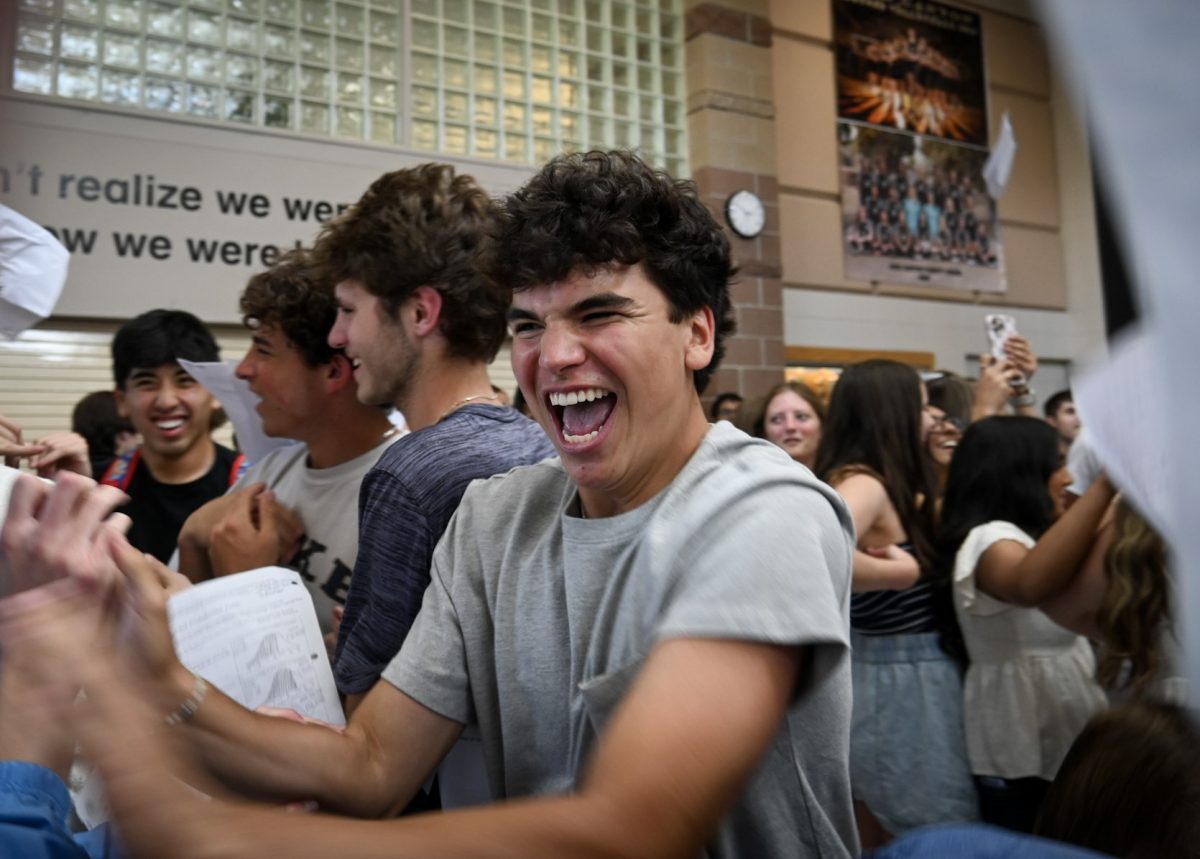
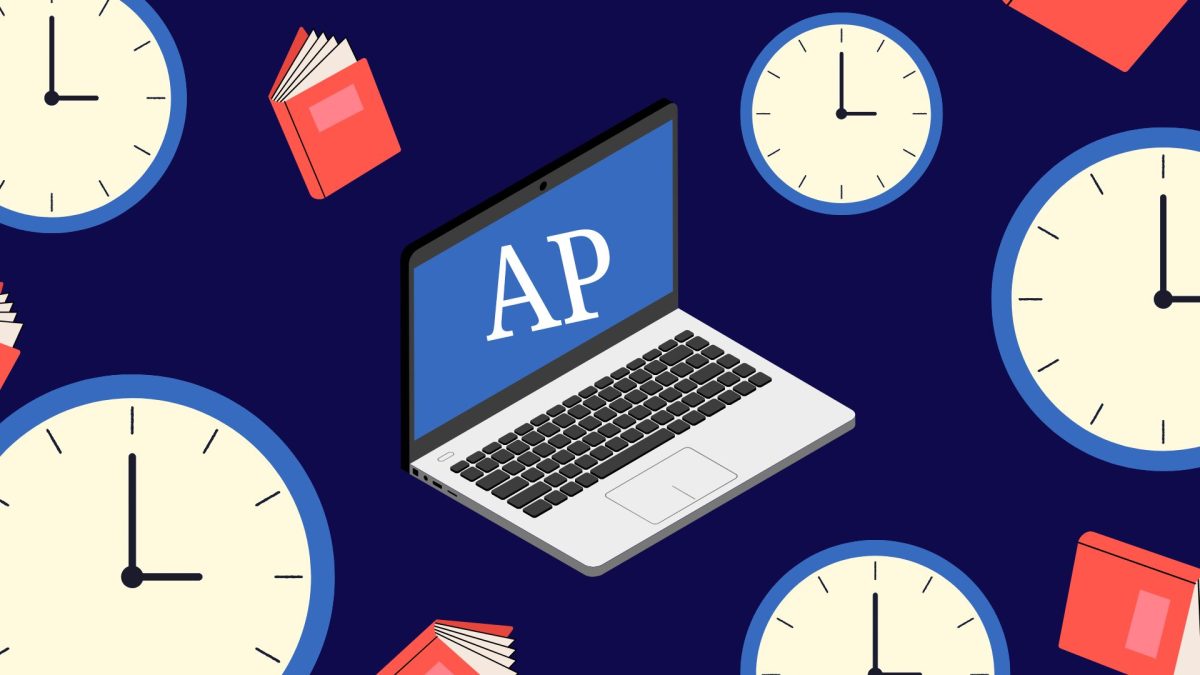
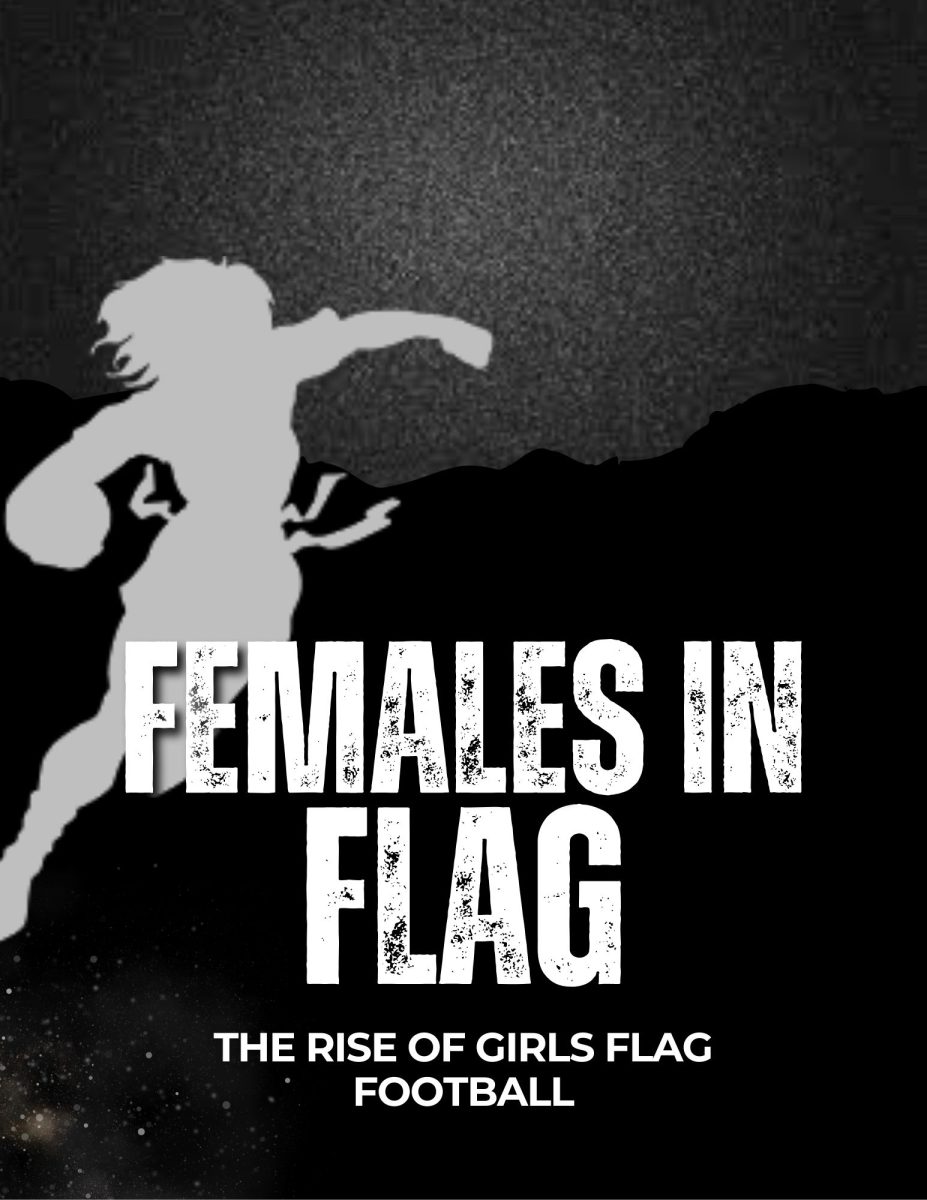
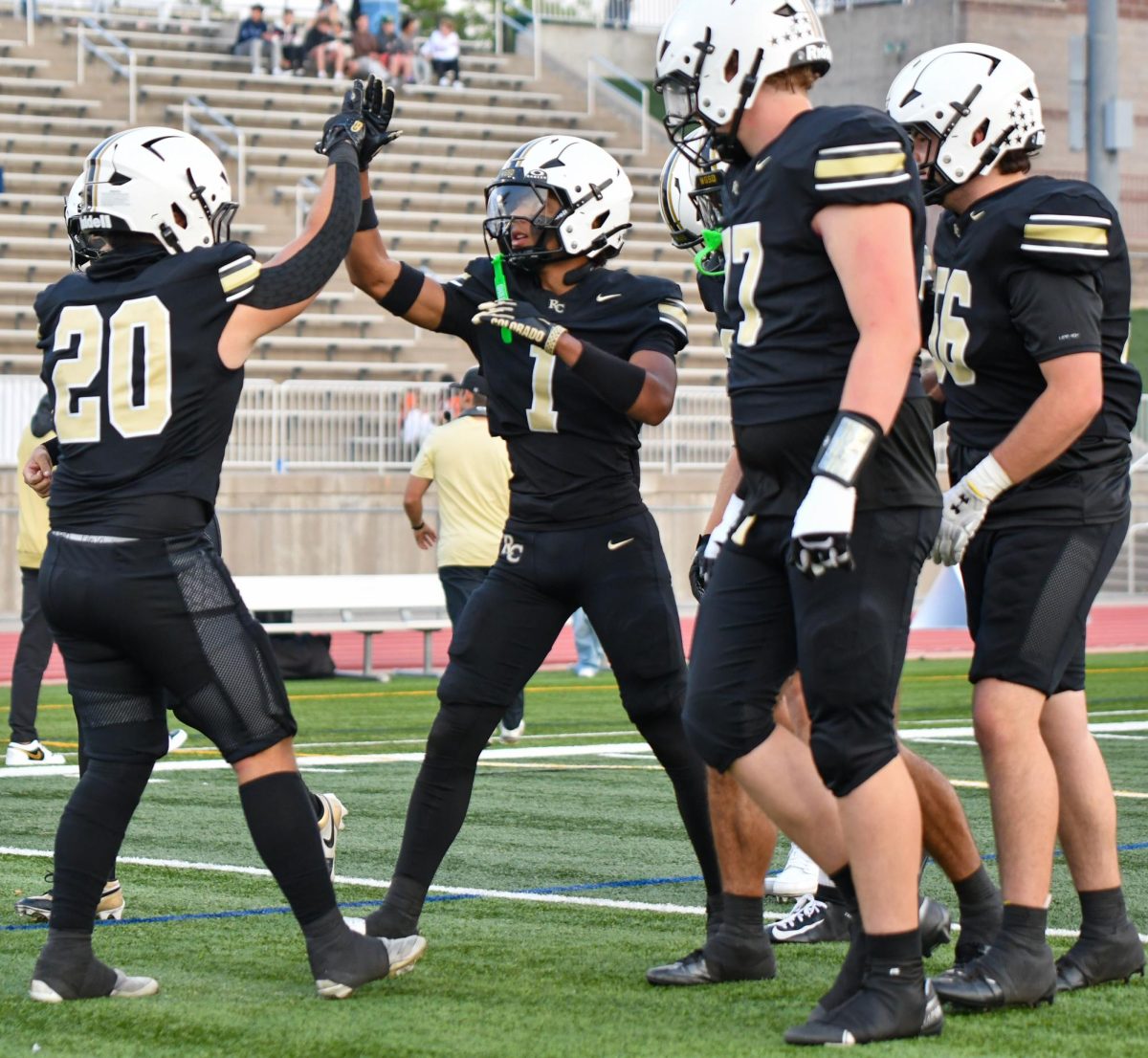
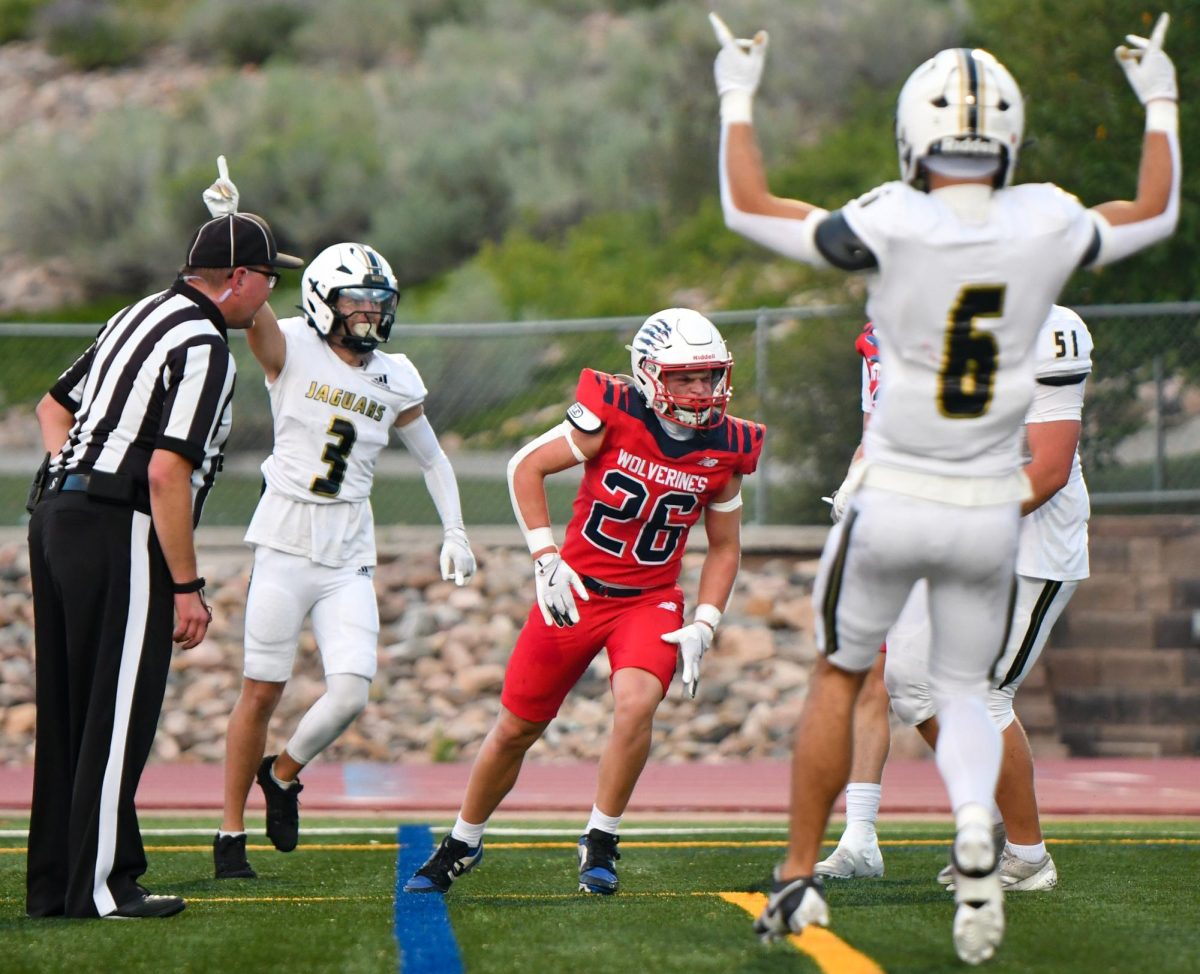

![The winter guard team makes fifth place at the state championship finals in the Denver Coliseum, March 30. The team performed to Barnes Country's “Glitter and Gold,” lead by coaches Margo Sanford, Blair Bickerton and Anna Orgren. In their class there were a total of nine groups participating, and the top five who made it to finals received a plaque. “[Walking onto the stage] is very nerve-wracking, but also very exciting as well. When you first start color guard there's a lot of anxiety and uncertainty when you first perform in front of an audience, but once you've done it for a while, it starts to become the best part of the season,” Ella West ‘25 said. “It's very fulfilling to see an audience react to something you've put your heart and soul into.”](https://rockmediaonline.org/wp-content/uploads/2025/04/Both-socal-media-nd-website-main-1-1200x846.jpg)
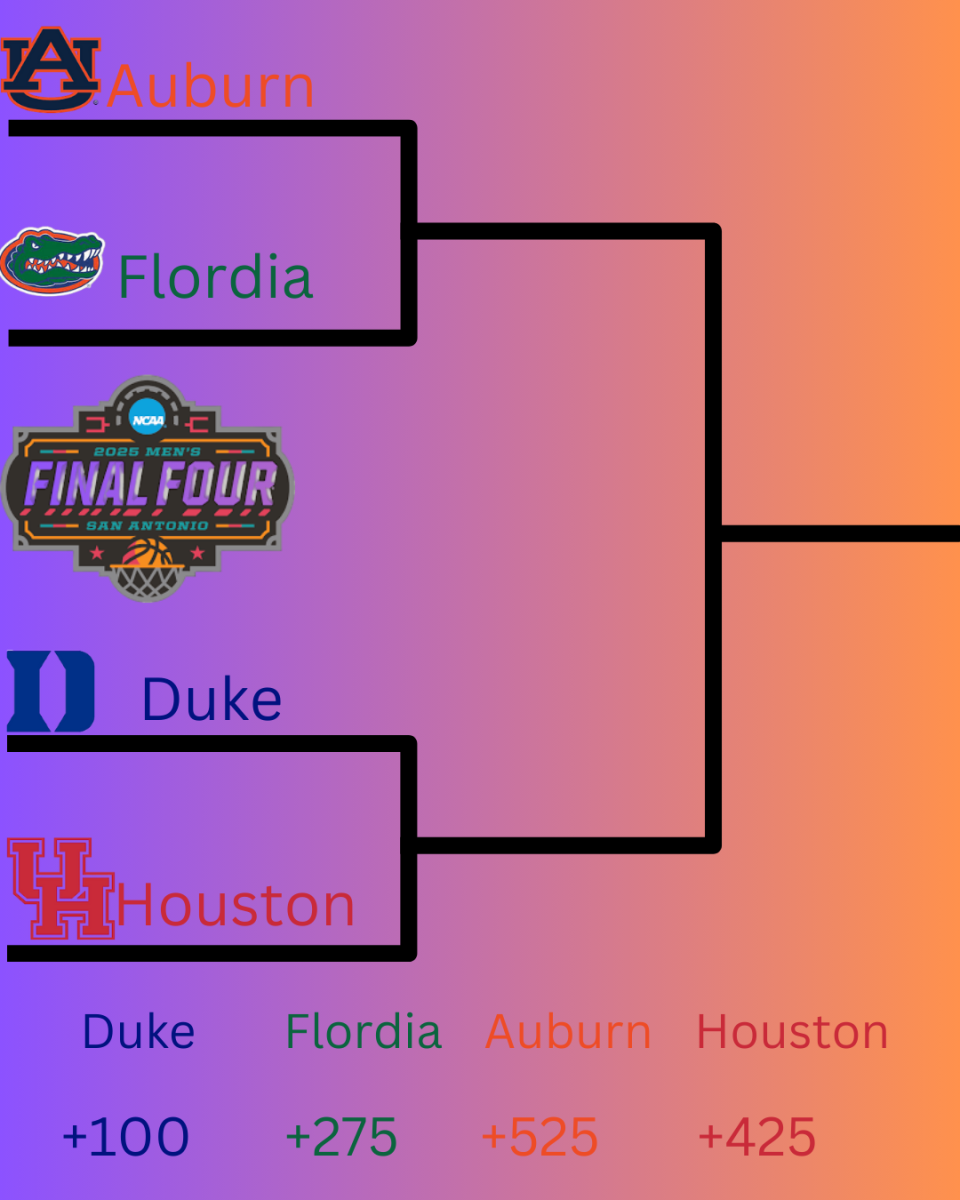

![April marks the 25th anniversary of Sexual Assault Awareness Month, created by the National Sexual Violence Resource Center (NSVRC). This month is to spread awareness of the harassment, assault and abuse that happens around the world. The symbol that represented the month was a teal ribbon; however, some survivors of assault create different symbols and movements like the TikTok trend in 2022, where survivors would tattoo Medusa on their body, in honor of her backstory in Greek Mythology. “I don't think [this month is known] at all. I rarely see anybody talk about it. I rarely see much of an emphasis on posting it online, or much discussion about it, and I feel like there needs to be way more discussion,” an anonymous source said. “I think just validating every experience that a person has gone through, regardless of the degree of it, the severity, is an essential step into making sure that people are aware that this is a very real problem in a society and that we need to do better in addressing it.”](https://rockmediaonline.org/wp-content/uploads/2025/04/IMG_0011-1200x900.jpg)

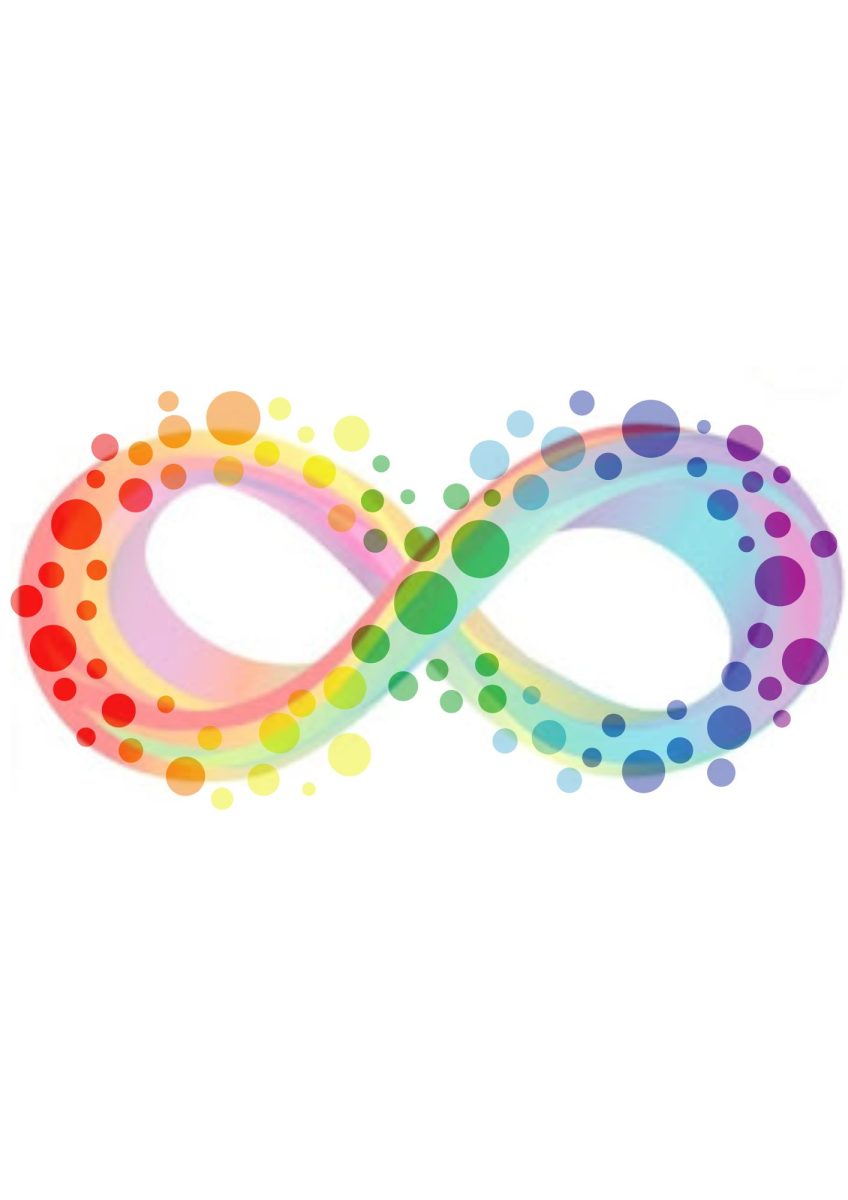
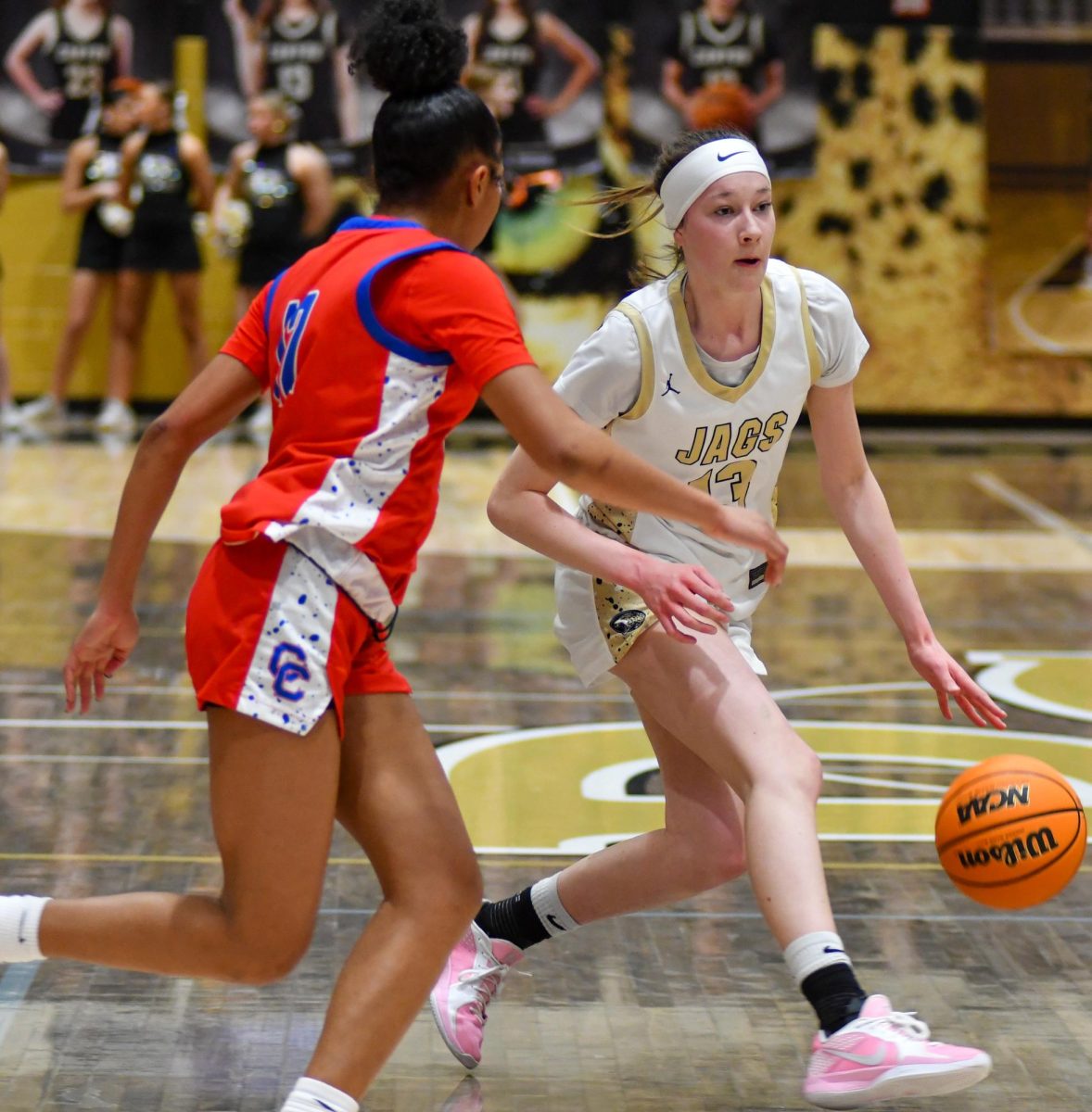
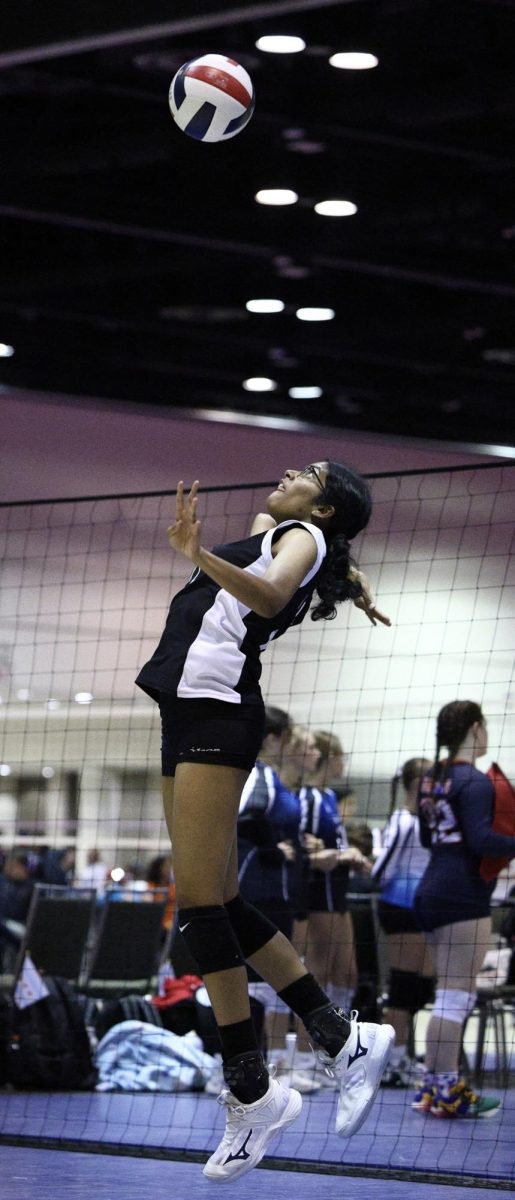


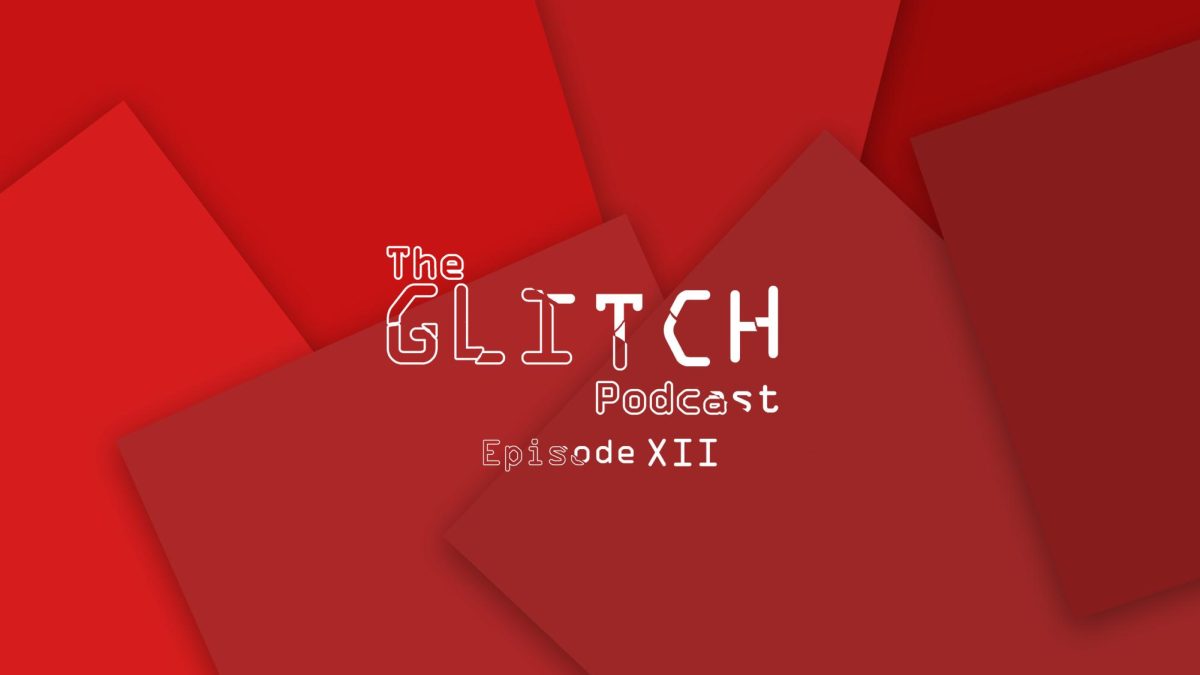
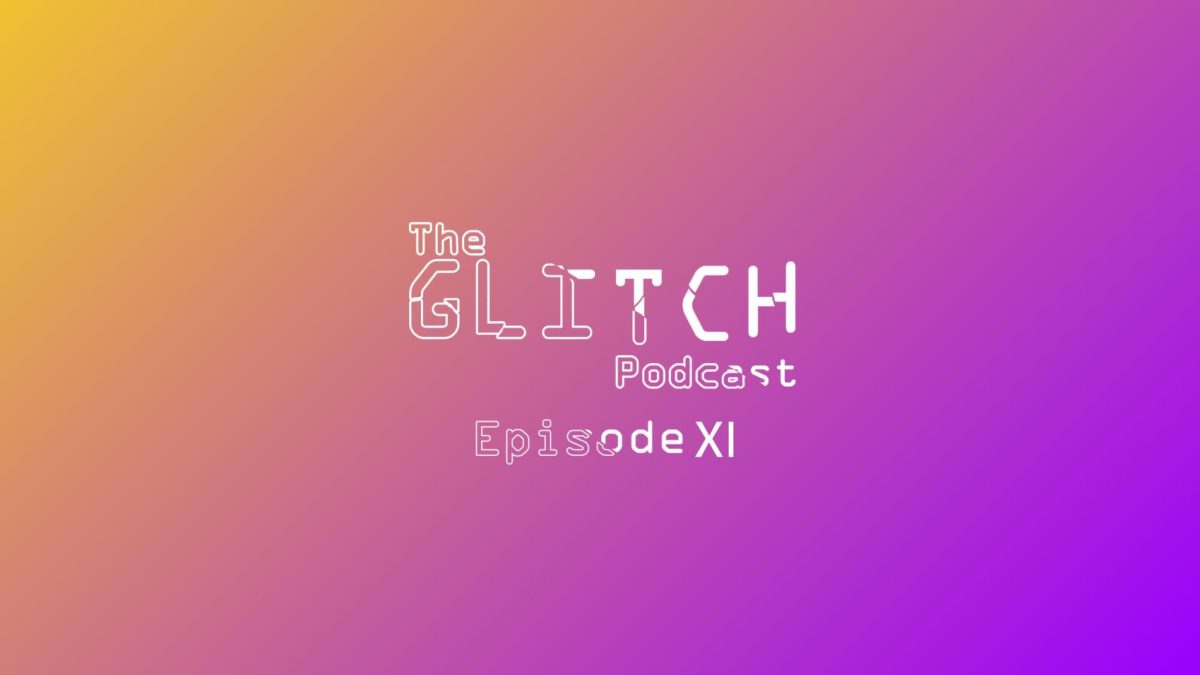
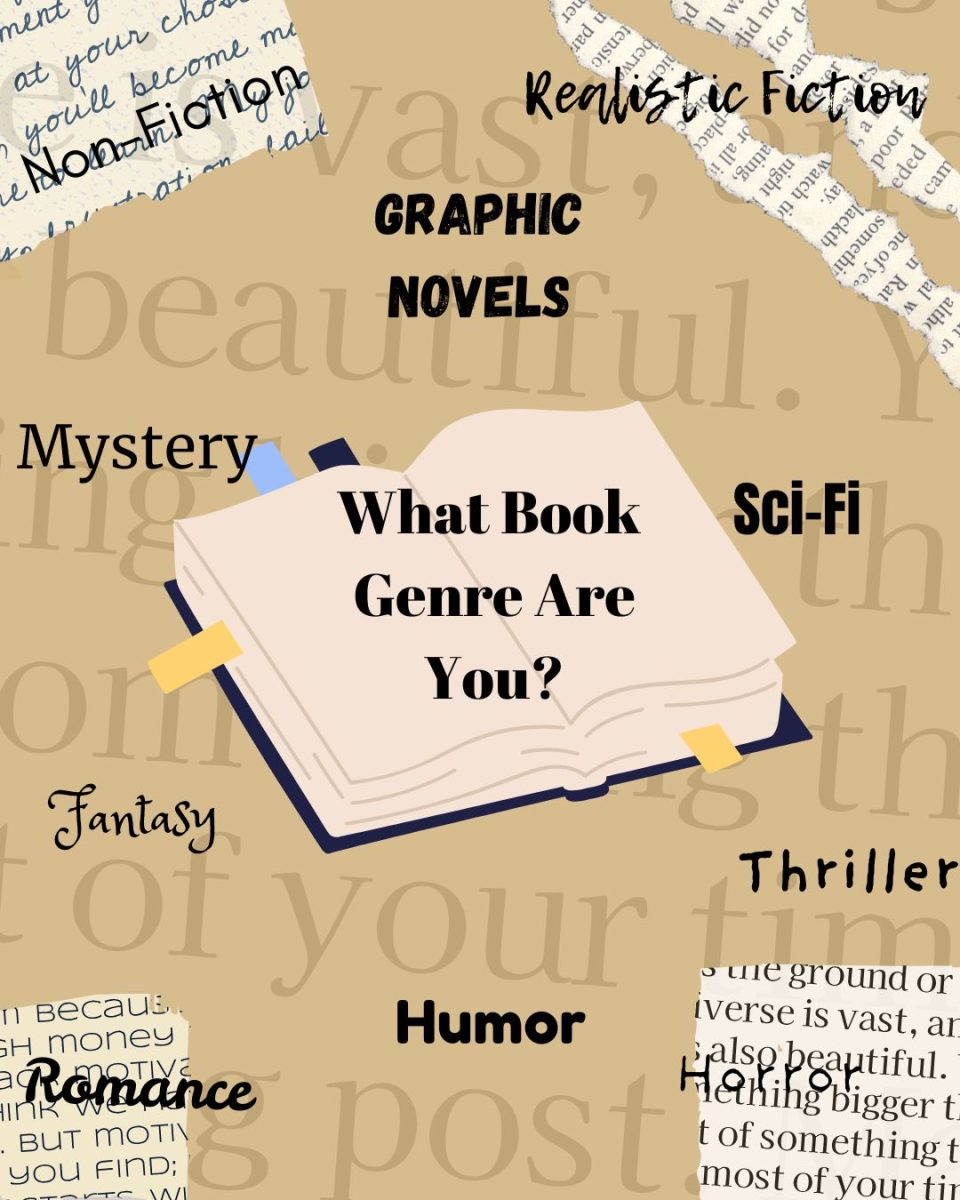
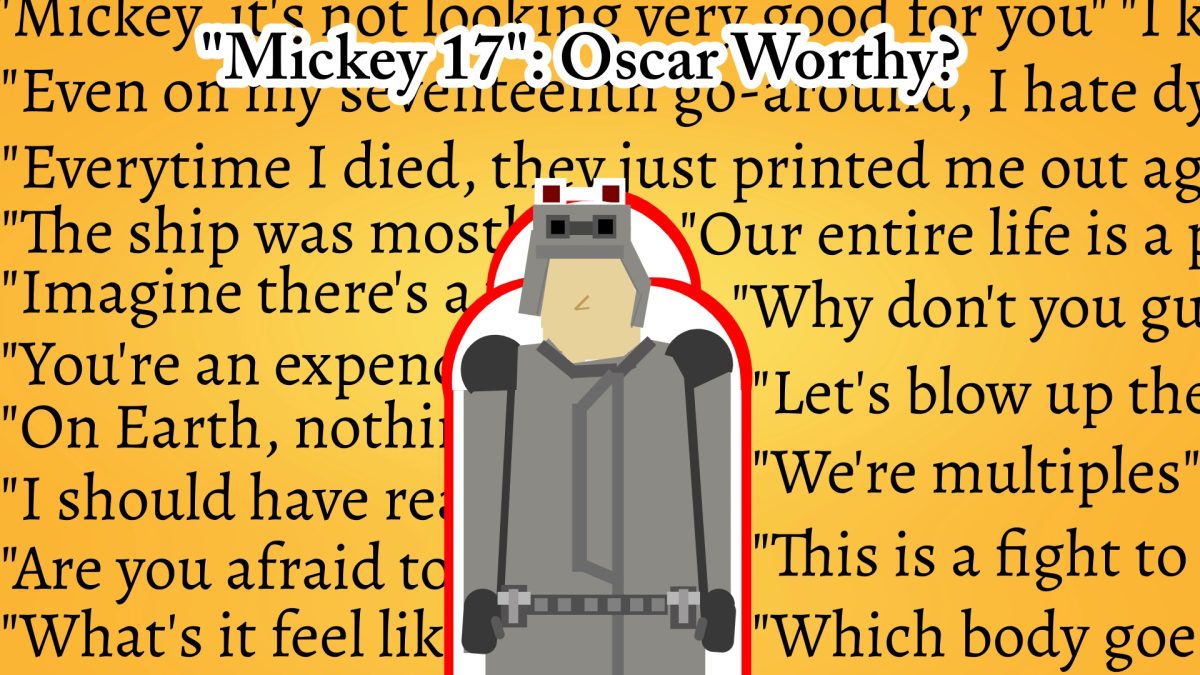

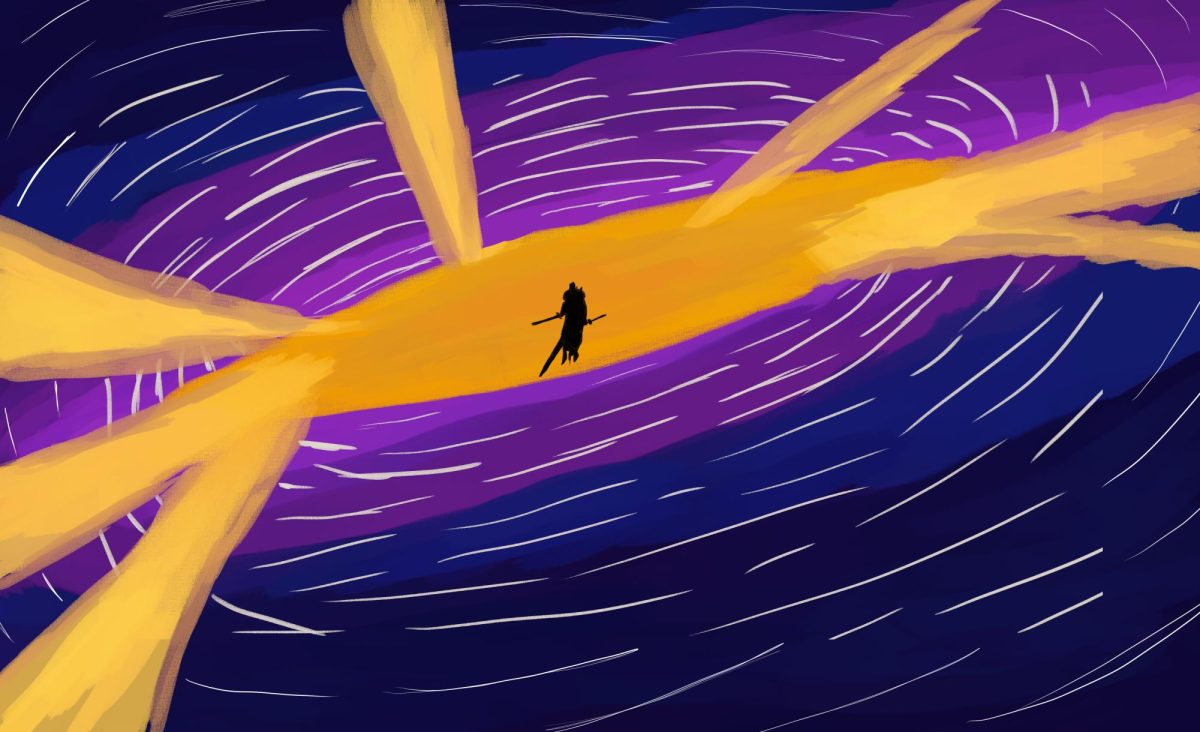
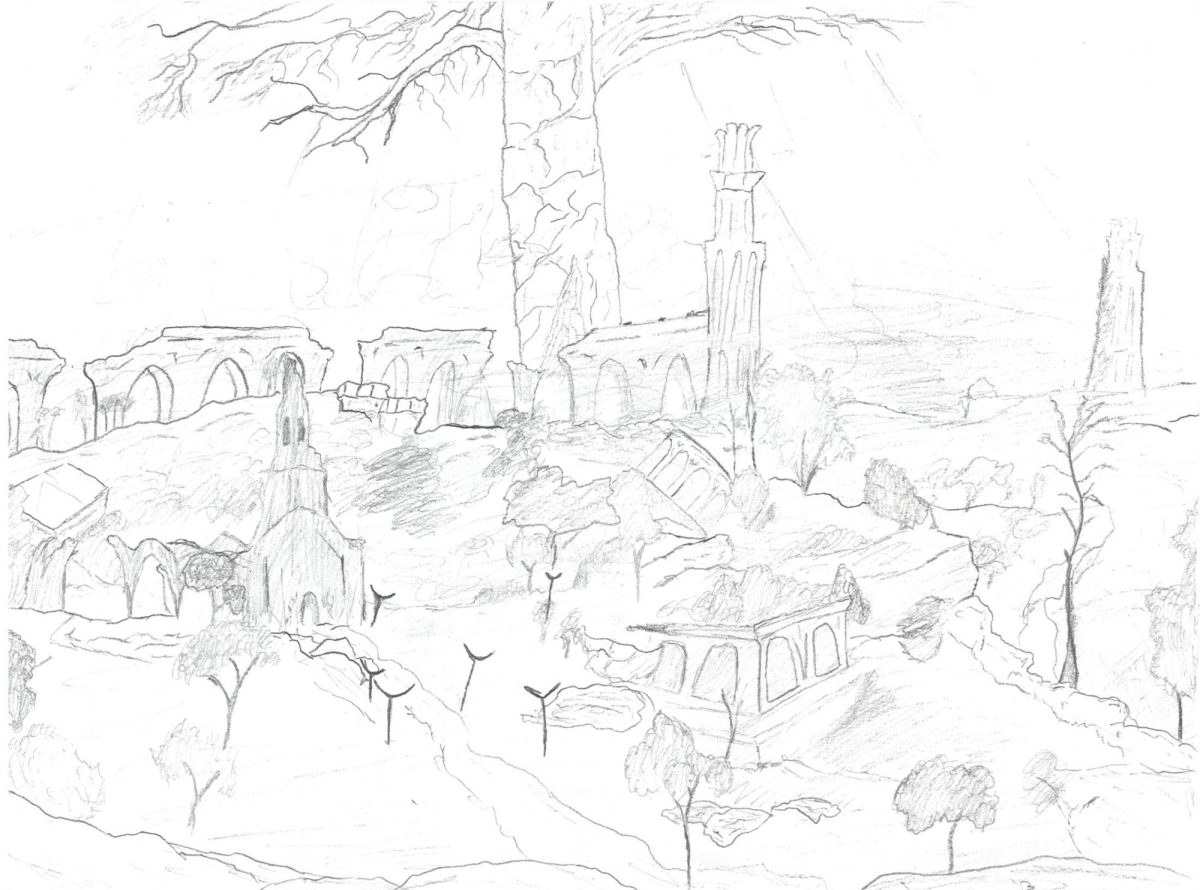
![Lesbian Visibility Day is April 26, and it’s a holiday to celebrate the lesbian community of the world. Lesbian Visibility day was established in 2008 by many queer activists and organizations who sought to raise more awareness for lesbian history and culture. “So this is why during Lesbian Visibility [Day] we celebrate and center all lesbians, both cis and trans, while also showing solidarity with all LGBTQ+ women and nonbinary people,” Linda Reily, in an article written by her, said.](https://rockmediaonline.org/wp-content/uploads/2025/04/Lesbian-Visibility-day.jpeg)
